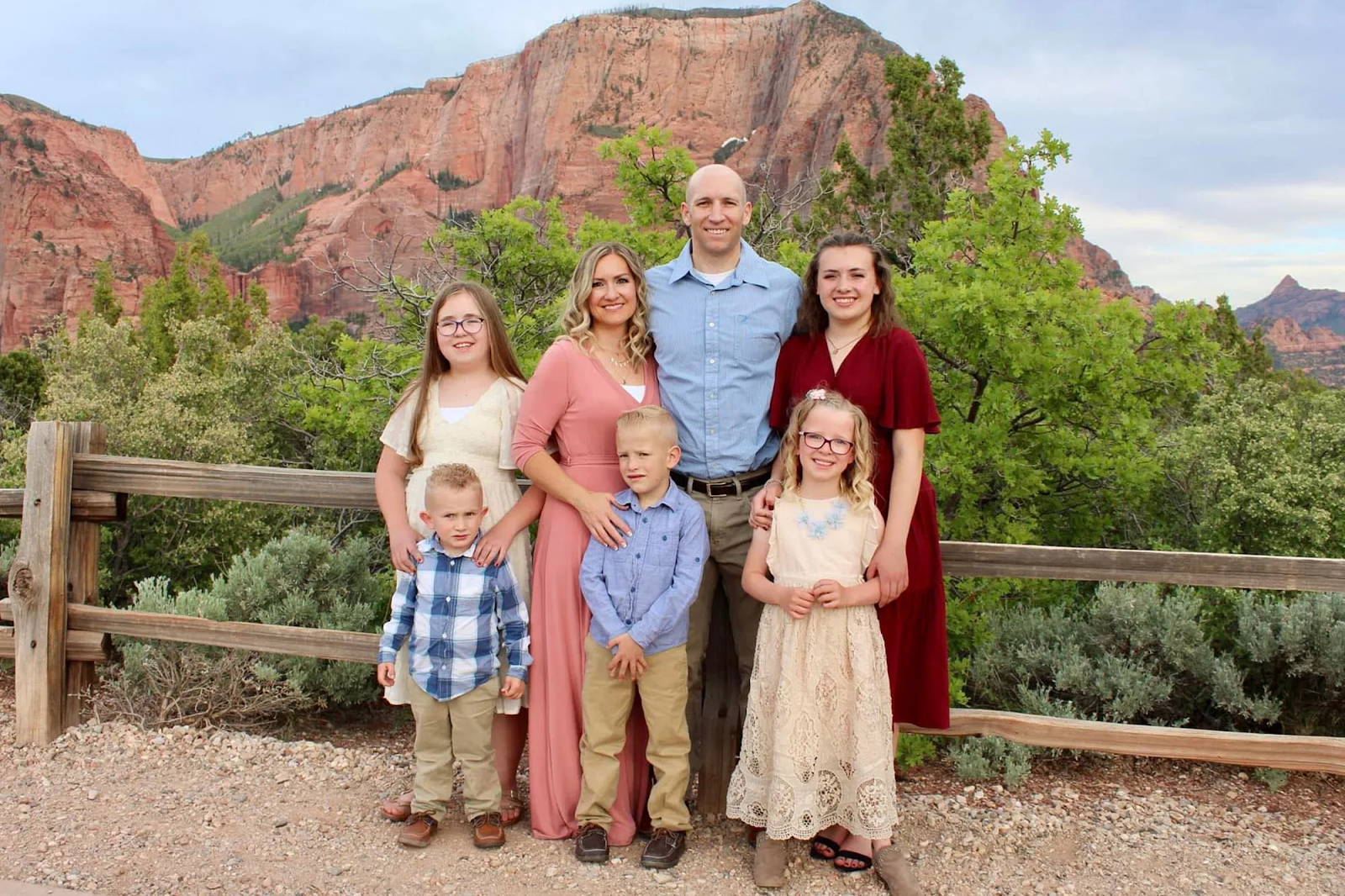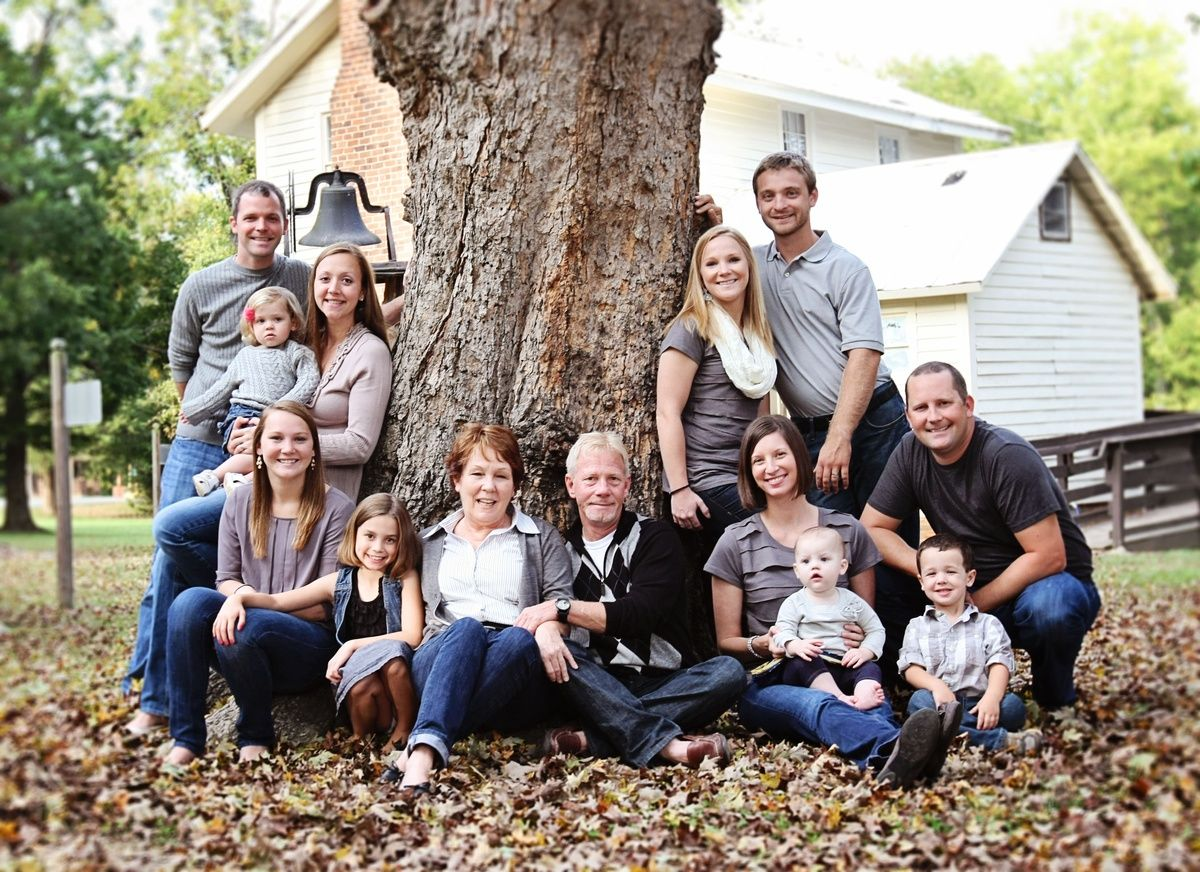Utah, known for its picturesque landscapes and tight-knit communities, has recently witnessed a number of heart-wrenching family tragedies that have captured the attention of the nation. These devastating events have not only left families grieving but have also sparked conversations about safety, mental health, and the importance of community support.
In this article, we will examine some of the most Tragic Utah Family Deaths that have occurred in Utah, looking into the causes, the impact on the families, and the broader implications these incidents have on society.
The Smith Family Tragedy: A Devastating Loss

One of the most notable incidents was the Smith family tragedy in Salt Lake City, where a mother and her two children lost their lives under mysterious circumstances. The case quickly gained attention, as authorities were initially unsure whether it was a tragic accident or something more sinister.
According to police reports, the family was discovered in their home, with all three victims deceased from apparent carbon monoxide poisoning. The cause was later determined to be a malfunctioning furnace that had released lethal levels of carbon monoxide into the home. This incident was a wake-up call for many Utah residents about the importance of maintaining home heating systems and having carbon monoxide detectors.
The Smith family’s tragedy highlighted the vulnerability many families face in their homes. Although carbon monoxide poisoning can happen anywhere, it is particularly dangerous because the gas is colorless, odorless, and tasteless. This made it difficult for the victims to detect the threat, resulting in a tragic loss of life.
The Thompson Family Murders: A Horrifying Act of Violence

Another Tragic Utah Family Deaths that rocked Utah was the Thompson family murders. In this case, a father, mother, and their two children were brutally murdered in their own home. The deaths were initially shrouded in mystery, as the authorities struggled to determine whether the crime was committed by an outsider or if it was a result of domestic violence.
After a thorough investigation, it was revealed that the perpetrator was the father himself. He had been struggling with mental health issues, particularly depression, which he had been hiding from his family for years. Tragically, in a fit of rage and despair, he took the lives of his wife and children before turning the weapon on himself.
This tragic incident drew attention to the importance of mental health care and the signs of emotional distress in families. The Thompson case underscored how untreated mental health issues can sometimes escalate into violence, with devastating consequences. It also raised awareness about the need for intervention and support for individuals who are struggling with mental health conditions before such tragedies occur.
The Jones Family: A Devastating Plane Crash
In a more recent incident, the Jones family was killed in a tragic plane crash near Park City, Utah. The family of four, including two parents and their teenage children, were on a weekend trip when their small aircraft went down in the mountains.
The crash was caused by a combination of poor weather conditions and mechanical failure, and it resulted in the complete loss of the family. The community was left in shock as people tried to comprehend the devastating loss of a family that had been so involved in local activities.
The Jones family tragedy emphasized the inherent risks involved in small-plane travel, particularly in mountainous regions. Although general aviation can be a convenient mode of transportation, it also carries a higher risk of accidents, especially when conditions are less than ideal. Following the crash, local authorities called for greater safety measures for small aircraft, particularly when flying in challenging terrain like the Wasatch Mountains.
The Impact on Communities: How These Tragedies Affect Utahns
While the specifics of each tragedy differ, the impact on Utah communities is undeniable. Family tragedies often create a ripple effect that extends beyond the immediate relatives of the victims, leaving friends, coworkers, and neighbors grieving as well. The emotional toll of these events can be profound, leading to long-term psychological consequences for everyone involved.
In the case of the Smith family, for example, the local community rallied together to support the surviving relatives, organizing fundraisers to help with funeral expenses and providing counseling services for those affected by the loss. The outpouring of support was a testament to the tight-knit nature of many Utah communities, where neighbors come together in times of need.
Similarly, in the wake of the Thompson family murders, local authorities and mental health professionals launched initiatives to raise awareness about domestic violence and the importance of mental health resources. The tragedy brought to light the need for greater access to mental health care, particularly in rural communities where services may be limited.
Mental Health: A Key Factor in Many Family Deaths

One of the common threads running through many of these tragedies is the role of mental health. In the case of the Thompson family murders, untreated mental health issues played a direct role in the loss of life. Similarly, the death of the Smith family due to carbon monoxide poisoning was likely linked to the failure of the father to address underlying home maintenance concerns.
This brings to light the need for greater attention to mental health in Utah. Although Utah has made strides in recent years to improve access to mental health services, the state still ranks as one of the highest in the nation for suicide rates, especially among young adults and men. Mental health struggles are often kept hidden due to stigma, but as seen in the Thompson case, untreated depression and other conditions can lead to tragic outcomes.
Domestic Violence: The Silent Crisis
Another issue that has emerged from many of these tragedies is domestic violence. While not all the Tragic Utah Family Deaths are related to abuse, several of the cases, including the Thompson family murders, highlight the prevalence of domestic violence within households. Utah has one of the highest rates of domestic violence in the nation, and it is often linked to other factors, including substance abuse and mental health issues.
Domestic violence can sometimes go unnoticed until it escalates into something far more serious, such as physical harm or even death. This is why it is essential for individuals to recognize the warning signs of abuse and seek help before it is too late. The Thompson case was a tragic example of how domestic violence can turn deadly if not addressed.
In response, Utah has taken steps to combat domestic violence by increasing funding for shelters and support services, as well as launching public awareness campaigns about the signs of abuse. However, much more work remains to be done to reduce the impact of domestic violence in the state.
Prevention and Intervention: What Can Be Done to Avoid More Tragedies?

In light of these devastating events, the question arises: what can be done to prevent such tragedies from occurring in the future? While it is impossible to predict or prevent every tragic death, there are steps that can be taken to reduce the likelihood of such incidents.
- Improved Mental Health Support: One of the most important steps is providing better access to mental health services. This means not only offering counseling and therapy but also addressing the stigma surrounding mental illness. Greater awareness and support systems can help individuals struggling with depression, anxiety, and other mental health issues before they spiral into violence or self-harm.
- Domestic Violence Prevention: Increased education about the signs of domestic violence and the resources available for victims can help save lives. Providing confidential hotlines, shelters, and legal assistance can offer individuals a way out of abusive relationships.
- Home Safety Checks: For incidents like the Smith family’s carbon monoxide poisoning, regular maintenance of home heating systems and the installation of carbon monoxide detectors can save lives. These simple steps can prevent deadly accidents from happening in households across Utah.
- Community Support Networks: Finally, fostering strong community ties can play a crucial role in preventing family deaths. In times of crisis, having a support system can make all the difference. Neighbors, friends, and coworkers should be encouraged to reach out and offer support when someone is going through a difficult time.
Conclusion:
The Tragic Utah Family Deaths have left a lasting impact on both the immediate families and the broader community. Each case highlights different factors such as mental health, domestic violence, and the need for greater awareness of home safety measures. By learning from these tragedies and taking steps to address the underlying causes, Utah can work toward preventing future family deaths and ensuring that communities are better equipped to handle crises. While nothing can ever undo the pain caused by these tragedies, the lessons learned can help to protect future generations from suffering the same fate.

